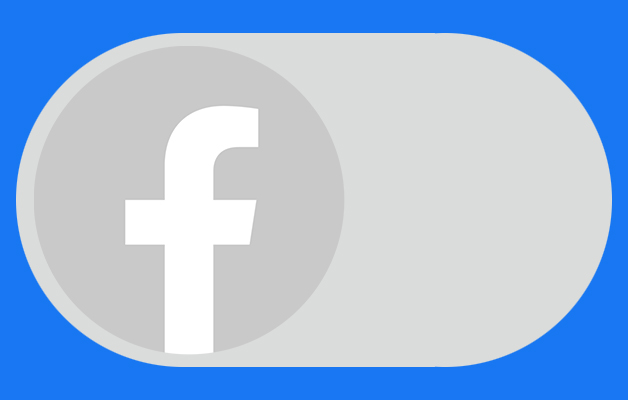
Why I Left Facebook
So I’ve decided to leave Facebook. I actually made this decision many months ago, before events of the last three to four months validated my decision.
I’ll be cutting off 99% of all activities on Facebook and moving to other platforms, mostly WiseHomeLife.org, or Colleqtiv.
By all means, click here if you want to stay connected with me through WiseHomeLife, which has a very user-friendly, FB-like interface minus all the censorship and shadow banning.
There has been far too much censorship, both overt and covert, on Facebook. Not to mention less time on social media means more time thinking independent thoughts. Years ago I installed various extensions that blocked all news feeds on the different social media platforms. This helped extend their utility and avoid many of the downfalls of social media. Their algorithms are simply too effective at keeping you on-platform and engaged.
There are many other reasons why I decided to forgo most major social media platforms.
Social Media Defined
I’ll define social media first, so there is no confusion in what I’m saying.
To be considered social media, the platform must enable users to:
- Select and create 1 to 1 connections with people
- Post messages that only those people, that they are connected with can see
- Allow text or image or video messages
- See an automatically generated news feed that shows at least all friends’ posts or activities.
At Doakio, we recently conducted comprehensive research to uncover all known Facebook alternatives that meet the above criteria.
We found 15 platforms. Over 30 other platforms were not included for various reasons, mostly because they did not meet the above criteria (e.g. YouTube, Reddit, Quora).
With that definition in mind, I’d like to make several points:
Social Media is Artificial
Social Media is entirely artificial, an aberration of the post-information era. No one should feel obligated to begin or continue using something that replaces parts of normal human interaction in so synthetic and truncated a fashion. Much more could be said on this point.
It is Polarizing and Tends to Promote the Extremes of Human Emotion and Thought
Even without ads, success of any platform is logically measured at least in part by how long and how often a user engages. Emotion is a fantastic trigger for engagement. You may have heard the idea, “social media is a part of life now.” I think we’ll find in the future that social media will be more a part of death than life, as it is an exceedingly efficient way to unify the masses behind a single collective thought pattern or narrative on any given topic. This unification can happen without needing to consider alternatives, empathy, or nuance that is almost always present in more ancient & intimate modes of human interaction. Social media is (for better or worse) our generation’s propaganda machine – for every social issue, for every possible side.
It is Not Under Your Control
Well, unless it is under your control. But only four out of the 15 platforms we researched purported to be ad-free: MeWe, Vero, Mastodon, and Elpha. The others inject ads into your viewing experience. Even for those four, there is virtually zero transparency into the details of the algorithm that builds the news feed you consume each day.
Massive Potential Content Pool
The average user with hundreds of personal connections is going to have a massive pool of potential content that they COULD see, even if you select those thought leaders that you “follow.” Unless you know how the algorithm operates, you are still being programmed by a third party on what you should or should not be thinking on any given day.
Inevitable Censorship
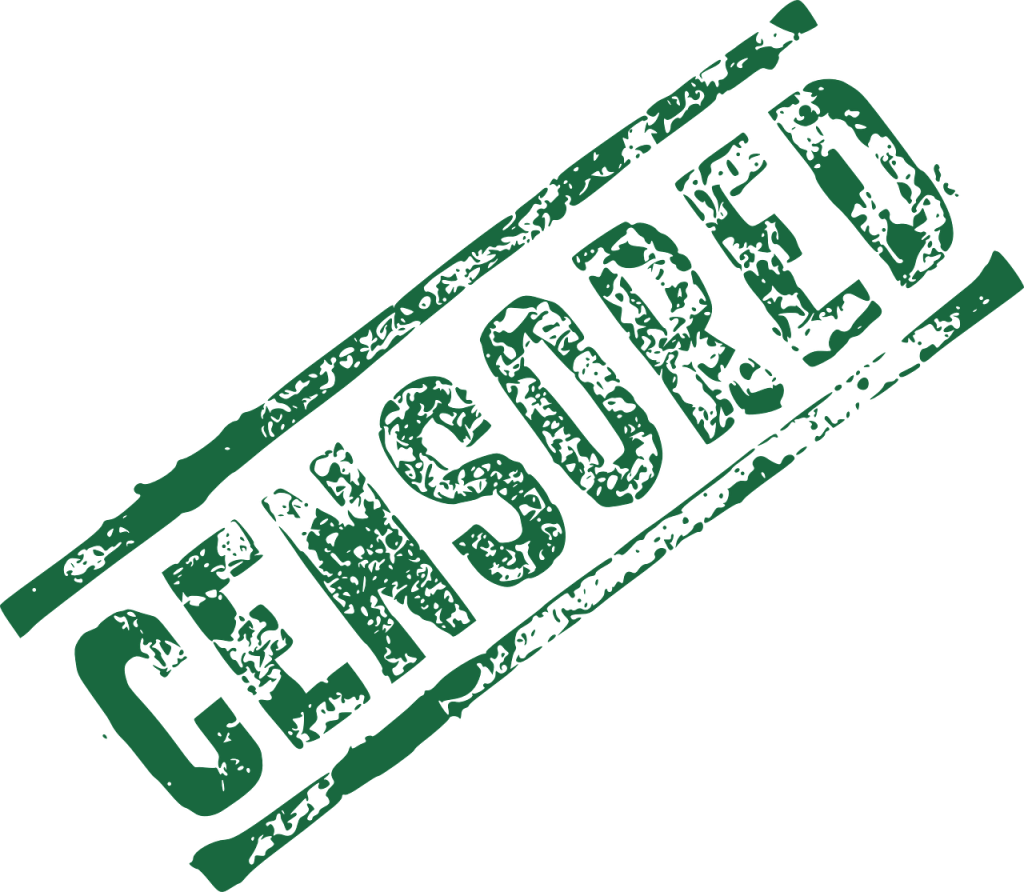
Once a platform reaches a certain level of success, that platform is going to be inevitably pressured into censoring more, and more, and more content. We see this happening now. This is to be expected. After all, there must be some agreement among participants what constitutes acceptable vs unacceptable content. But as the crowd grows, more and more subjects become taboo. In particular, potentially life-saving, health-related content is being heavily censored if it doesn’t fit established, popular narratives.
Filters Out Certain People
Not only does this censorship have a massive suppression effect on what people and businesses say on the platform, it also keeps certain thought leaders from joining that particular platform in the first place. So the selection of people or groups or businesses you follow is heavily influenced well before you even begin selecting.
Better Than Social Media
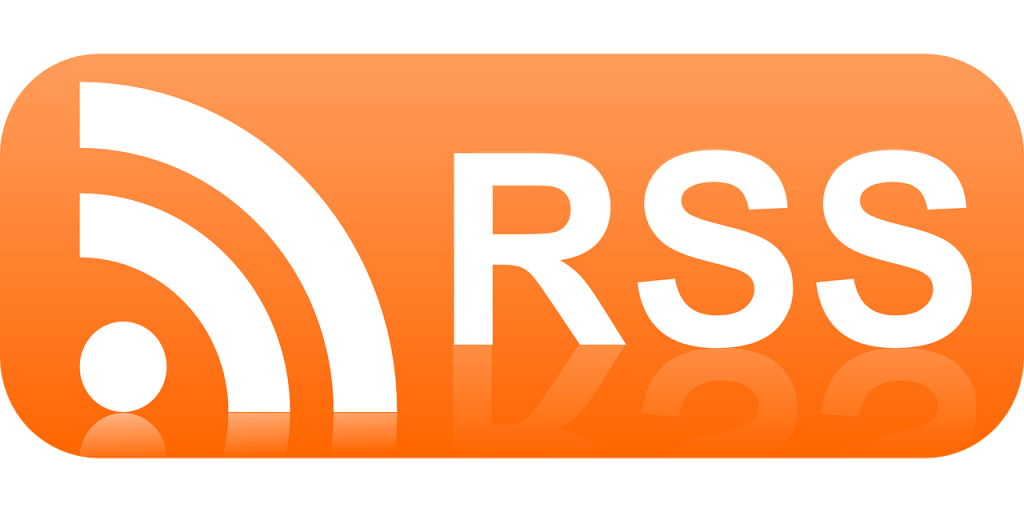
The closest thing to the ideals of staying connected to various online people and sources would simply be an RSS feed or a well-maintained email inbox with certain newsletter subscriptions. In this situation, you are in “complete” control, subject only to what the thought leaders decide you should be thinking about.
Remember, it doesn’t matter what you think about a certain topic. Only that you are thinking about it. That is 99.9% of effort involved in controlling the masses and therefore their buying and political behavior.
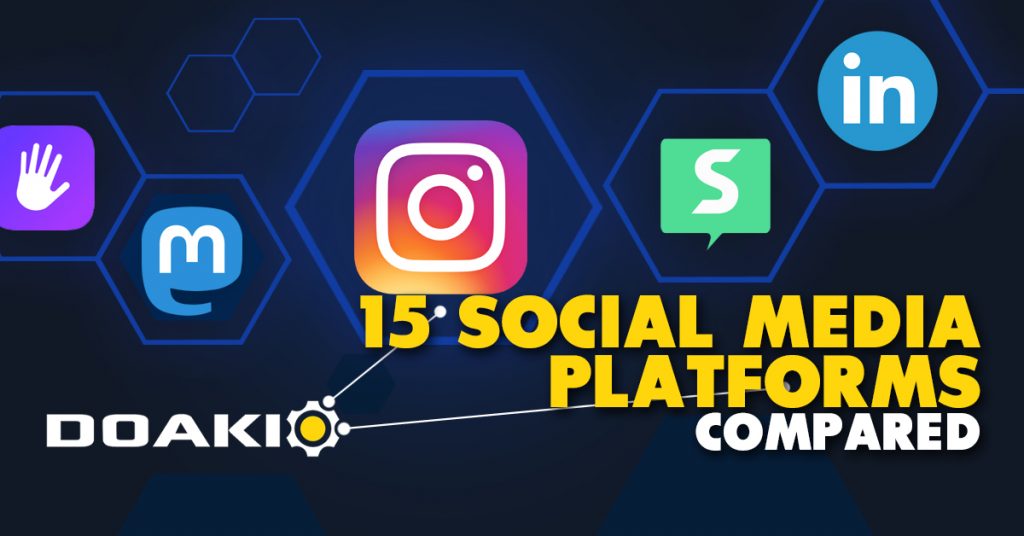
You can see our full research on 15 Social Media Platforms Compared by clicking here.
We identified 19 common features across all the social media tools, and we have an interactive scatter plot you can use to find a great FB alternative, if you still feel Social Media is worth your time (despite my best efforts at convincing you otherwise, haha!).



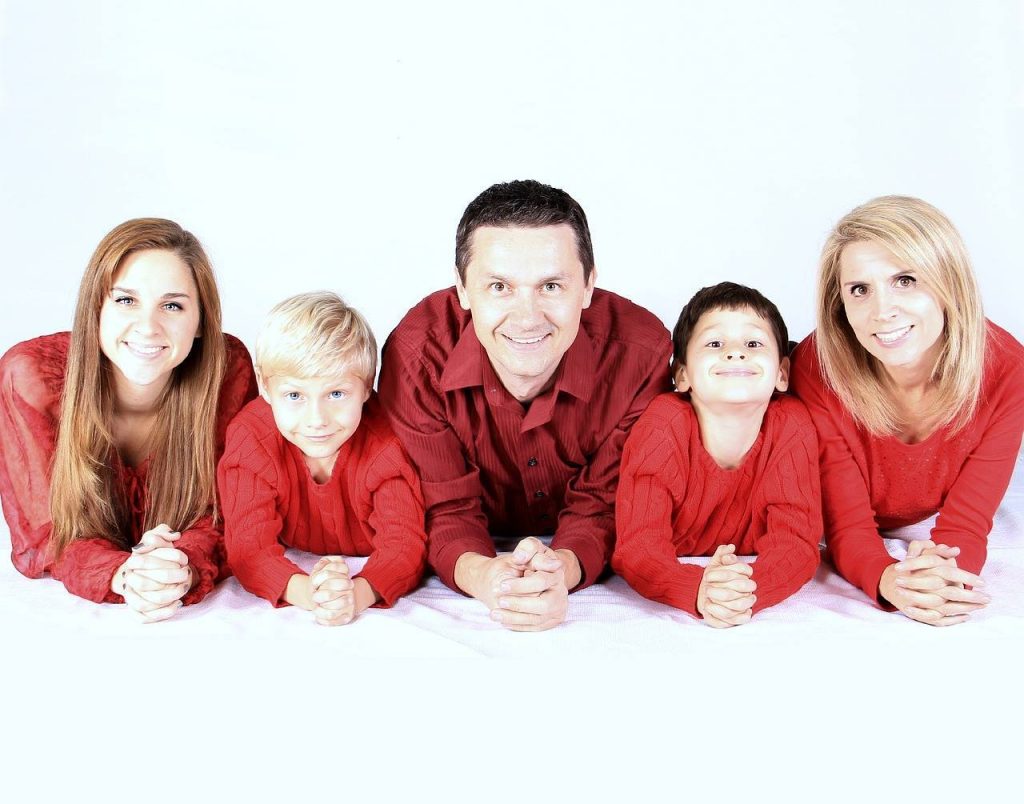


Responses